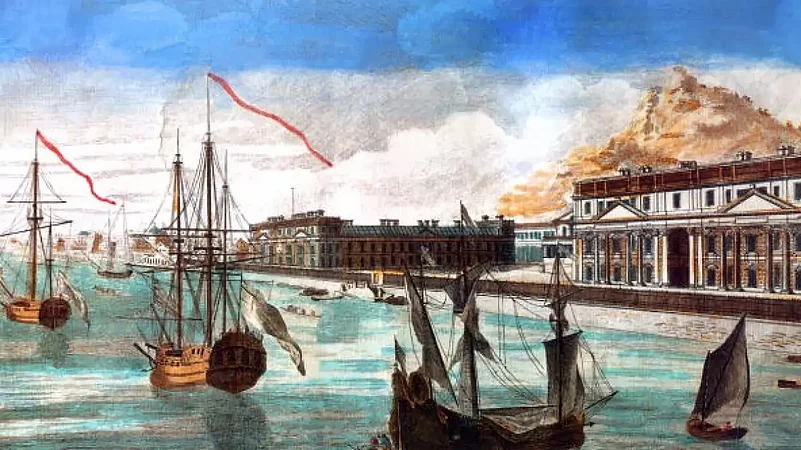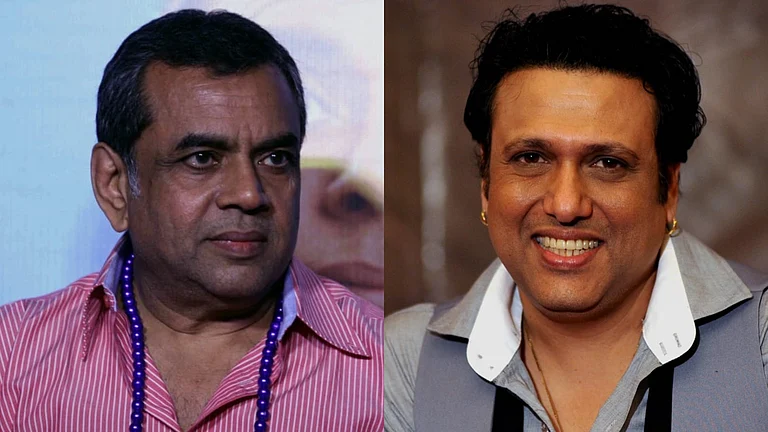Poets and writers are artists who make us wander, or at least take to that space where our minds wander, along with the artist's wandering — be it a place, a void or somewhere we didn't visit at all.
Sometimes, they take us to places we visited someday but couldn't get the hues and sensitivity of the place; neither were we able to see the place through the poet's lens.
Most evenings during my Pondicherry stay, I used to walk simply watching the sea.

Artists like Arjun Rajendran have an eye to explore the essence by taking us to revisit the atmosphere and a clear perception of French colonial Pondicherry during the Carnatic wars.
While several colonial powers were busy establishing their dominions along the Coromandel coast, Pondicherry was the suitable bay for the mariners/colonisers to land on.
Rajendran's collection of poems 'One Man Two Executions ' is embroidered mostly upon historical research-based information about the 18th century French colonial Pondicherry (The 1st section).
His magical restoration of acrobatics ran towards the height of outstanding pure art where history mingled in the artistry of imagination in delicate lace.
When he writes:
'A fortnight after, a fettered slave-dealer curses his luck. It had always worked: the; magic paint, betel and nut were potent; quietened their tongues long enough to shave their heads, to chain a leg and clothe them in black."
Avid readers expect this perfection from an artist who showcases an absolutely vivid picture of the voices and stories about which the artist will present his stuffs for the readers/ admirers.
Here lies Rajendran's mastery of his poetic discourse in presenting a distinctive impact on the readers.
Again, when he writes:
'The blindfold is also an eyewitness; it lies not far from the soil where he last knelt Sixteen gun salutes from the fort's ramparts erase the southern burial'
The lines portray his frisky inventiveness, touching the highest realm.
He just provided the readers with an evocative topography along with fascinating cartography.
In the other two sections, Rajendran ruled the domain of some very personal thoughts, where he went beyond all measure to enduring a vision of celebration of love, utterly obvious, overflowing with fictitious and factual monarchy to refurbish the essentialities of the native people and their way of living in the town during Carnatic wartime.
Nonetheless, it's the true artist’s excellence whose art demonstrates erudition in usages of metaphors, words, and rhythms that would make a reader sit in a single place to delve deeper into the artist's work.
Rajendran's collection of poems ‘One Man Two Executions' is undoubtedly such a delightful read, full of genuine thunderbolt which has an enormous voracity, which nurtured the spectre of the colonial essence that ventured with dynamic haunting, intimacy, anxiety and a delicate glossary.
(Sonali Chanda is a poet/writer/reviewer from Kolkata, India. At present, she is pursuing her PhD in Postmodern English Language, Indigenous Language of India, different usages of phonetics in Language. She won the Nissim International award in 2020 for "Excellence in Writing" for her Debut Travelogue Ladakh- Enroute Tibetan Taboos")





















